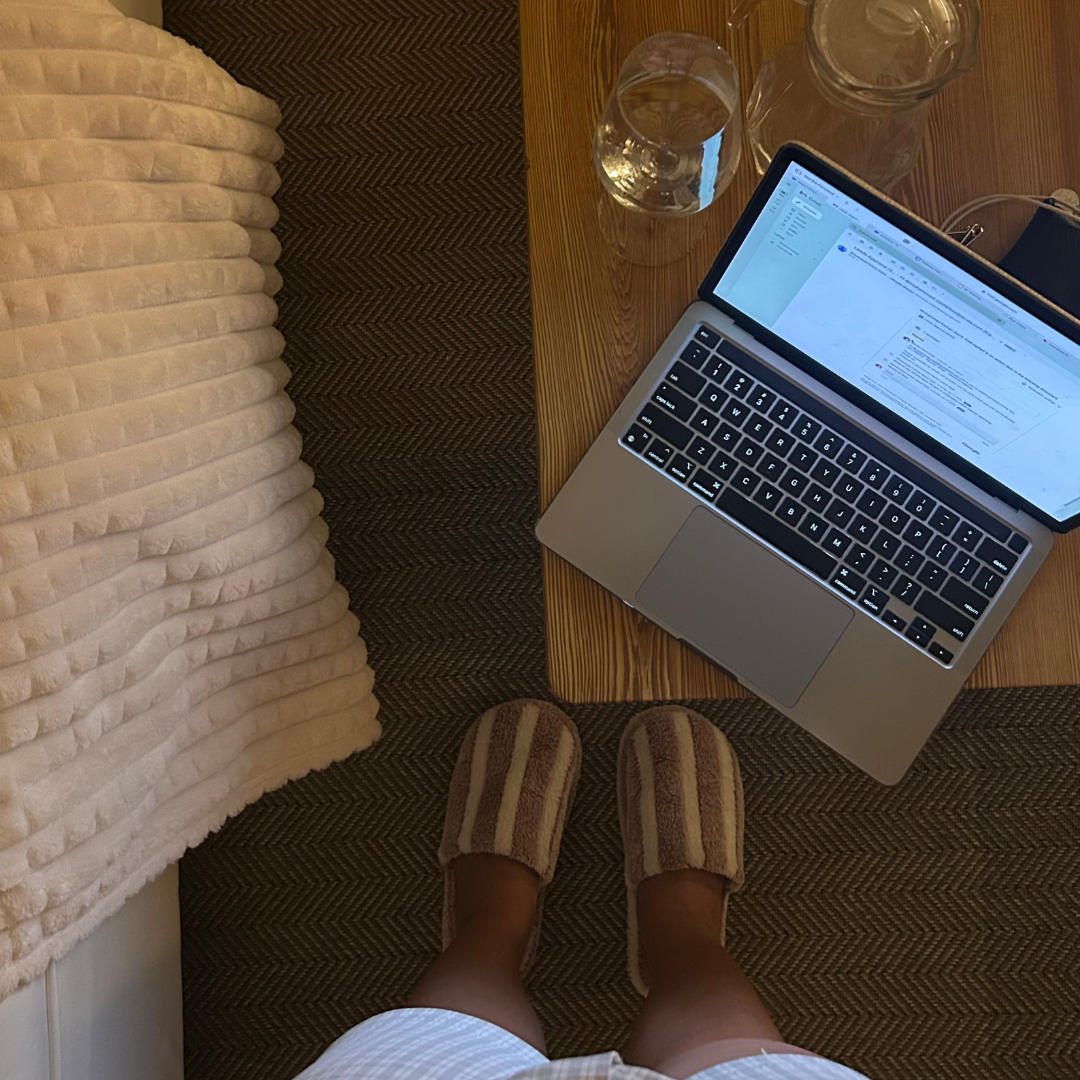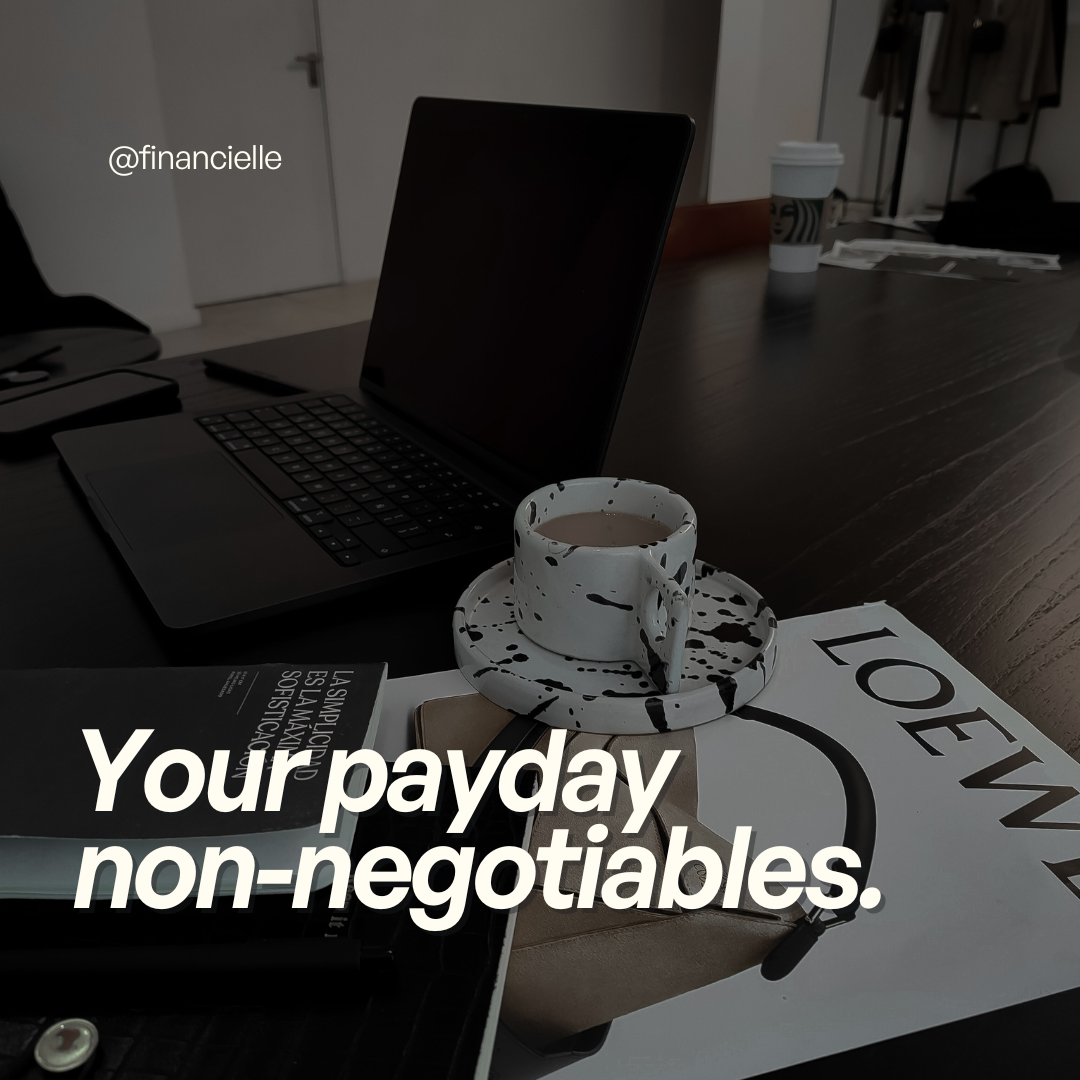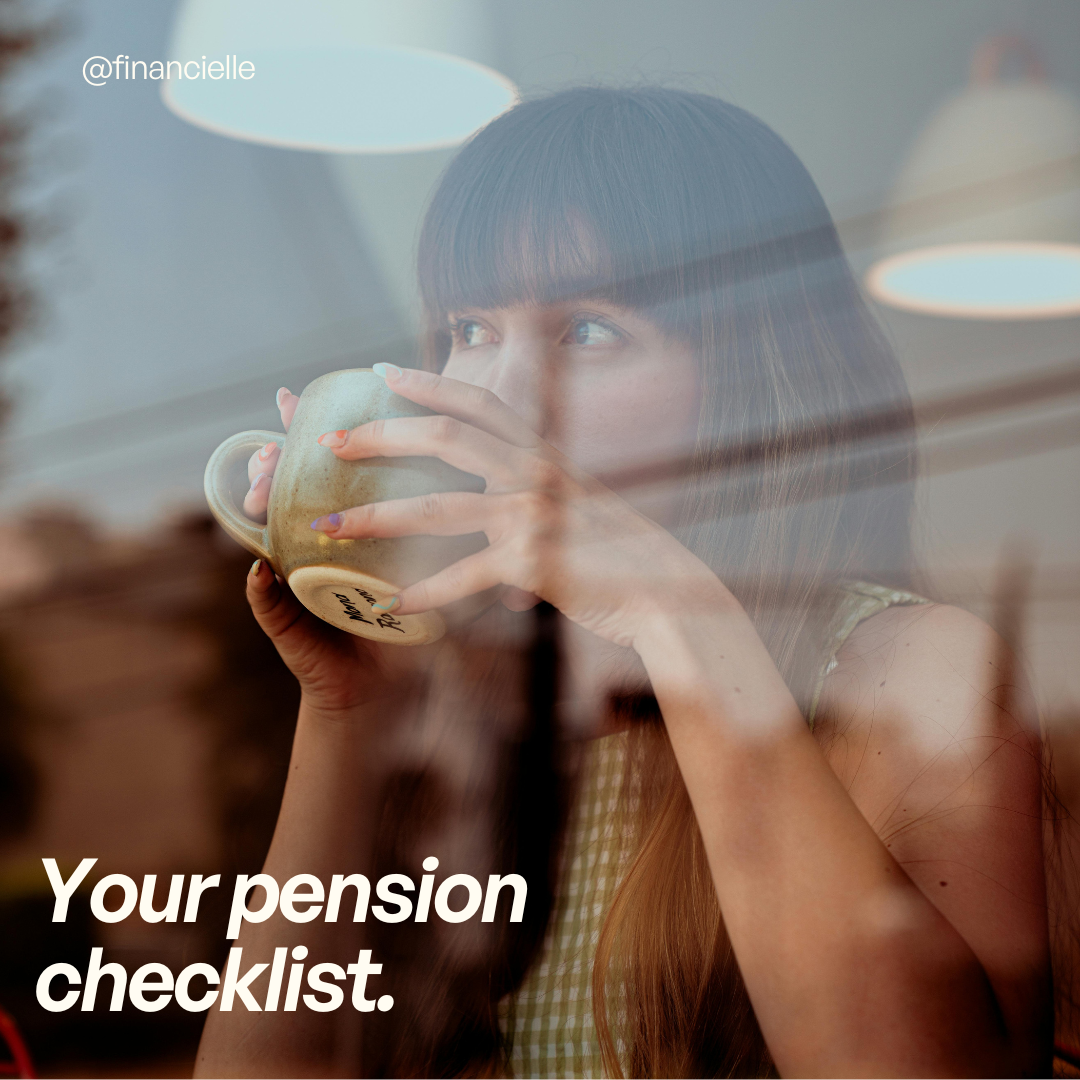
This week on The Vault, we tackled a big one: the idea that you’re not entitled to someone else’s pension after divorce. It’s a statement we’ve seen flying around in conversations, online forums, and even within families – and it needs unpacking.
Because when it comes to pensions and divorce, things aren’t as clear-cut as people think. If you’re in a long-term relationship or marriage, especially if you’ve taken a step back from your career for kids, caregiving, or flexibility… this one really matters.
Why this hits a nerve
When you’re building a life with someone (sharing a home, raising kids, making sacrifices for the team) it feels obvious that you’re building a shared future. Until that future ends. And suddenly… it’s every person for themselves.
Pensions are often the first thing one partner gets super protective over during a divorce. And, let’s just say it, it’s often men, especially in traditional or older partnerships. Even if you’ve been married for decades, even if you pressed pause on your own pension to prioritise family or flexibility, it can turn into: “That’s mine. You’re not touching it.”
But here’s the thing:
That pension didn’t build itself.
The gender pension gap is real
Women often have way less in their pensions by the time divorce happens. Why?
- Career breaks for maternity leave
- Part-time or lower-paid work to fit around childcare
- Taking time out to care for ageing parents
- Self-employment without auto-enrolment
None of this is lazy or irresponsible – it’s often the most selfless, team-first choice you can make. But it comes at a cost.
So when it comes to pensions and divorce, it’s not just about numbers – it’s about years of unpaid labour, emotional load, and sacrifice.
Pensions and Divorce: Are You Entitled to Theirs?
In the UK, pensions are technically considered part of the marital pot. During a divorce, assets are usually split 50/50 to start with – but that’s just the starting point. A court or mediator will then look at things like:
- Who earned more (and why)
- Who’s caring for children
- Who’s more financially vulnerable long-term
- What’s fair based on contributions, not just cash
Sometimes that means one partner is entitled to a share of the other’s pension – especially if they’ve sacrificed earning power during the relationship.
There are legal tools like pension sharing orders, but many women don’t push for them. Why?
Because they’re told:
“You’re lucky to keep the house.”
“Don’t make it messy.”
“Just walk away clean.”
But giving up a pension for a house isn’t always the smart move… houses need repairs, bills, and in many cases, another mortgage. Pensions are investments. They’re what give you freedom in your later life.
Real talk: Divorce is emotional, and money gets messy
When a relationship ends (especially one that’s lasted decades) it’s not just about assets. It’s about identity, security, and survival. And in the heartbreak and legal stress, women often go for the most emotionally comforting thing: the home.
We’ve heard stories of women saying yes to the house and saying no to the pension, only to realise years later they’ve left behind the thing that could’ve given them stability in retirement.
We get it. Divorce feels unfair no matter what. But don’t let short-term emotion rob you of long-term financial peace.
What you can do
If you’re thinking about separation or already navigating one:
- Get legal and financial advice early. It’s worth it.
- Understand your rights. You may be entitled to more than you think.
- Don’t assume pensions are off-limits. They’re often one of the most valuable assets.
- Think long-term. Your 60s, 70s, and 80s will thank you.
And if you’re not going through this now? File it away. Or better yet, have open conversations about money and pensions before anything ever goes wrong. It might feel unromantic, but protecting yourself is powerful.

Final thought
You were a team. You made sacrifices. You built a life together.
So no – asking for your fair share of the pension isn’t greedy, selfish, or petty. It’s about acknowledging everything you brought to the table, even if you weren’t the one with the biggest paycheck.
Want to understand more about how to protect yourself financially in a relationship?
Start with our blog on how to split bills fairly or explore the Financielle App for tools that help you plan your money your way.



















